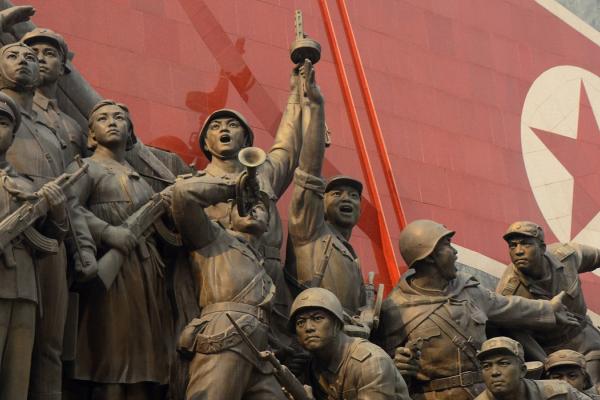OF THE MORE than 60 countries I have visited as a journalist, North Korea is by far the strangest.
As part of a five-person delegation from the Presbyterian Church (U.S.A.), I visited North Korea for one week in spring 2010 at the invitation of the Korean Christian Federation, the government-sanctioned Protestant denomination in North Korea.
From the moment we touched down in Pyongyang, we were “minded” 18 hours a day by two leaders of the KCF. We saw only what they wanted us to see and spoke only with those who were part of our official itinerary. North Koreans are forbidden to speak—or even make eye contact—with foreign visitors.
One morning before our minders showed up, I went for a short walk with another delegation member. I carried my camera and took a few photos. When we returned to the hotel, our minders were waiting for us in the lobby with several government officials. I was instructed to scroll through all my photos and was told which ones I could keep and which were to be erased on the spot.
Read the Full Article

